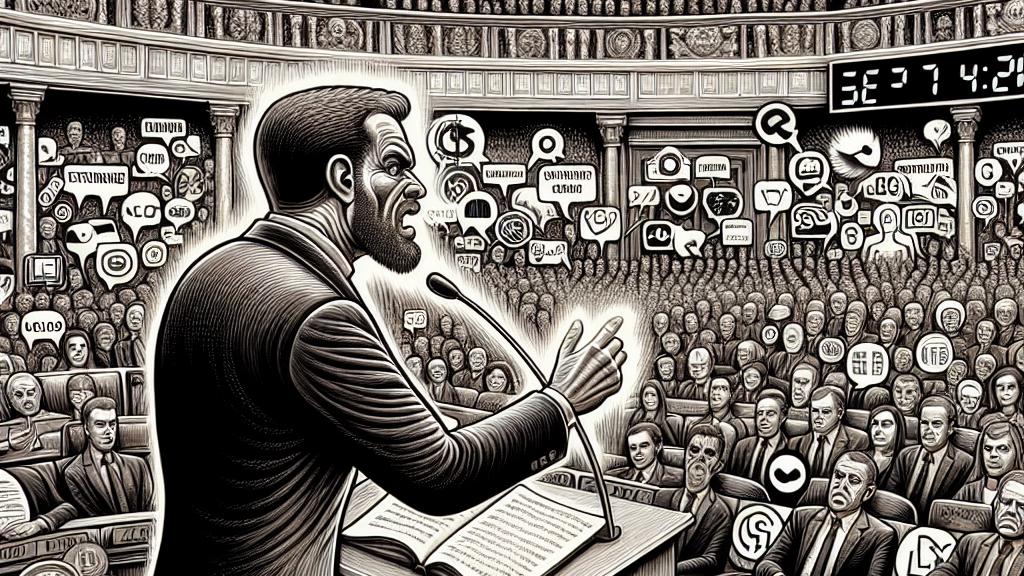Australian PM Responds to Musk's 'Fascists' Remark Amid Social Media Debate
Overview
- In a heated exchange, Australian Prime Minister Anthony Albanese rebuffed Elon Musk's claim that his government is 'fascists' over new misinformation laws.
- A proposed Australian bill aims to fine tech giants significantly for failing to combat misleading online content, reflecting a shift towards stricter regulation.
- This clash shines a spotlight on the global debate regarding the balance between advocating free speech and ensuring social responsibility in digital platforms.

A Clash of Ideals
On September 14, 2024, the air was thick with tension as Prime Minister Anthony Albanese fired back at Elon Musk, who provocatively labeled the Australian government 'fascists' after it proposed a new bill addressing misinformation. This legislative initiative is significant; it could impose fines amounting to 5% of a company's annual revenue for failing to tackle harmful content. Such moves emerge in an era where misinformation can lead to grave consequences, revealing a deeply unbalanced landscape within social media. For instance, we've seen misinformation spark violence in various regions, highlighting the urgent need for regulatory measures to ensure safety without stifling debate.
Global Responses to Digital Challenges
Australia's proactive stance is not taken in isolation. Countries around the globe are increasingly grappling with how to handle the rampant spread of misinformation. The tragic events surrounding the COVID-19 pandemic, the January 6 Capitol riots, and various ethnic conflicts fueled by social media rhetoric have all led to an enhanced scrutiny of digital platforms. In the European Union, similar regulatory measures are under discussion, aiming to hold tech companies more accountable for the content hosted on their sites. For instance, recent discussions have revolved around the need for greater transparency in how platforms moderate content while still supporting the right to free expression. This global movement signals a crucial point in the ongoing discourse about digital responsibility.
Musk's Free Speech Dilemma
Elon Musk's ongoing battles with government authorities reflect a broader struggle over the definition of free speech in the digital age. As someone who champions free speech, Musk faces intense scrutiny, particularly in his disputes with the Australian and Brazilian governments, where his company, X, has resisted measures aimed at curbing extremism and misinformation. Critics argue that Musk's reluctance could unintentionally legitimize harmful ideologies. Furthermore, these debates raise pressing questions: How do we ensure that digital platforms do not become echo chambers for hate and falsehoods? The answers are complex and closely tied to how societies value both the freedom to express opinions and the necessity of maintaining a safe online environment. As these discussions unfold, the stakes have never been greater for the future of free speech online.

Loading...